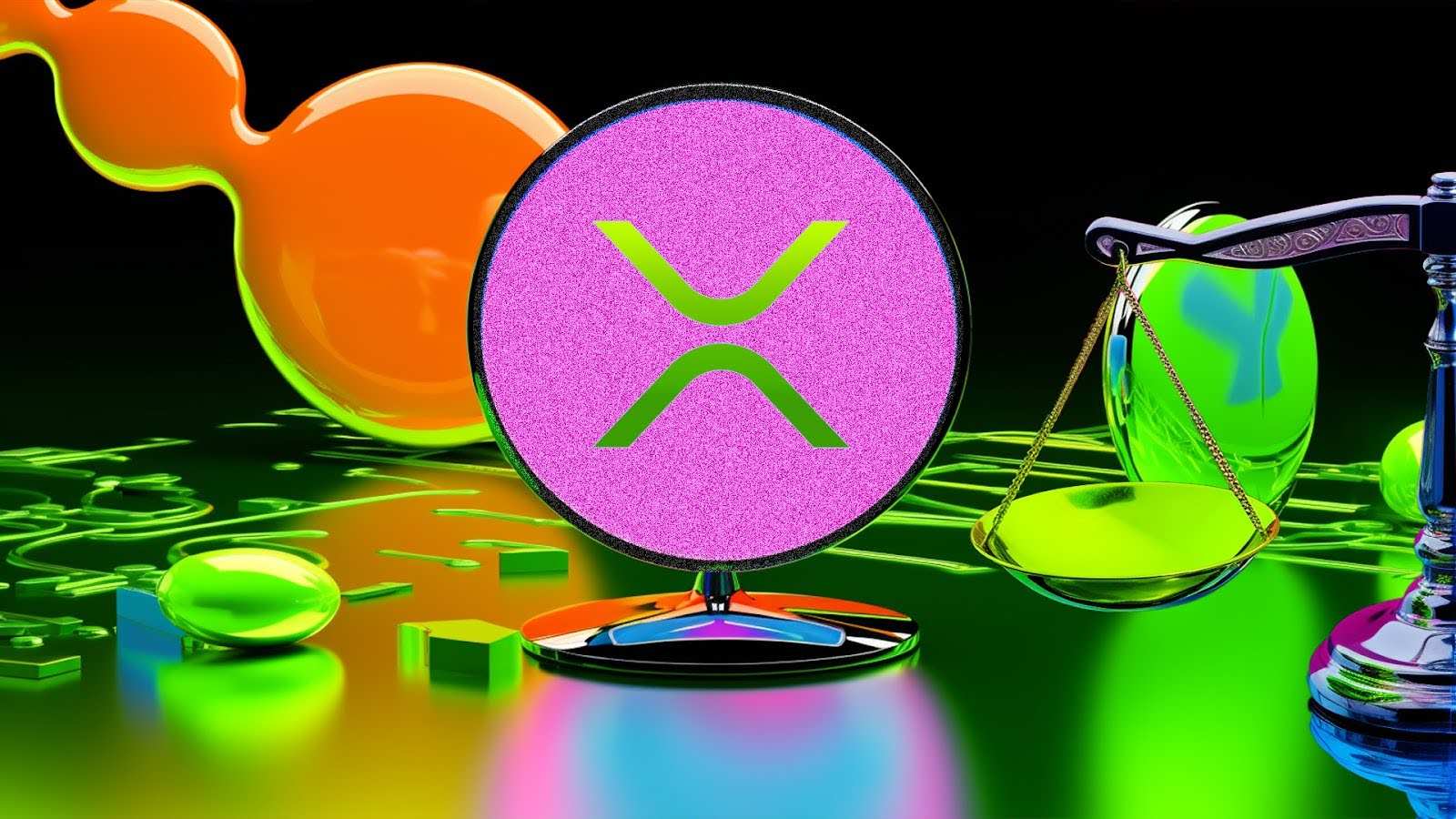
As we all know by now, US regulators are holding nothing back when it comes to bringing the world of crypto into greater compliance.
Further, things have ramped-up even more in recent days, as US Senator Elizabeth Warren - i.e. one of the Senate’s most notorious crypto critics - and her controversial Digital Asset Anti-Money Laundering Act has just garnered nine more US Senator backers.
The Digital Asset Anti-Money Laundering Act
The Digital Asset Anti-Money Laundering Act is essentially a legislative initiative designed for tackling the perceived risks of crypto.
Dubbed by Warren herself as the ‘toughest proposal on the table cracking down on crypto’s illicit use and giving regulators more tools in their toolbox,’ the bill would extend anti-money-laundering requirements from the Bank Secrecy Act (BSA) to crypto- be it providers of digital assets wallets, crypto miners, validators, or other network participants (amongst other things).
Alarmingly, the crypto entities involved include those of the noncustodial, ‘unhosted’ types- i.e. those that epitomise the true essence of DeFi. Here, Warren’s legislation proposes that they should be subject to the same BSA requirements, such as customer and counterparty verifications, record filings, and transaction reports (including wallets that are hosted in jurisdictions that aren’t BSA compliant).
This means that if it comes into effect, the regulatory frameworks of traditional financial institutions will be extended into the realm of DeFi, meaning crypto firms will be subject to more Know Your Customer (KYC) and Anti-Money Laundering (AML) requirements from the BSA.
Additionally, US residents that hold more than $10,000 in one or more accounts outside of the country will also have to submit reports.
In offering an extremely sceptical view on crypto to her followers, Senator Warren made the following statement when explaining the underlying rationale behind the bill:
“Crypto is enabling rogue nations, drug lords, ransomware gangs, and fraudsters to launder billions in stolen funds, evade sanctions, fund illegal weapons programs, and profit from devastating cyberattacks.”
Per an opinion piece she published for The New York Times, Warren’s criticism of DeFi even saw her blame crypto investors for the collapse of Silicon Valley Bank.
The New Bill Backers
News of the new backers came via a press release in Warren’s official website. It states that Democratic Senators Gary Peters, Dick Durbin, Tina Smith, Jeanne Shaheen, Bob Casey, Richard Blumenthal, Michael Bennet, and Catherine Cortez Masto have all joined the coalition that supports the bill, as well as independent Senator Angus King.
Here, they join existing backers from Wall Street, including lobbyists from the Bank Policy Institute.
Conclusive Thoughts
The bipartisan bill- which was first introduced by the Massachusetts senator in December 2022, before getting re-submitted in August- is still waiting for approval from the Senate Banking Committee.
This means that as of now, it’s still unclear as to the path and success it’ll experience, as Congress remains divided - as well as sufficiently preoccupied - as we approach the 2024 Presidential Election.
On surface, its implementation may appear logical to onlookers, as it seemingly tackles objectively negative aspects of the DeFi space. However, as we’ve come to realise amid the rampant regulatory attacks by the US Securities and Exchange Commission (SEC), Warren and her abrupt anti-crypto stance potentially offers something far more sinister- therefore inferring that its passing could open the floodgates for more anti-crypto regulations to creep in.
Want More Cutting-Edge Crypto News?
Follow Us: X TikTok Instagram Telegram LinkedIn
Sign up to our newsletter at the bottom of the page
Check Out Our Top 10 Crypto Currencies of 2023
This article is intended for educational purposes and is not financial advice.


















